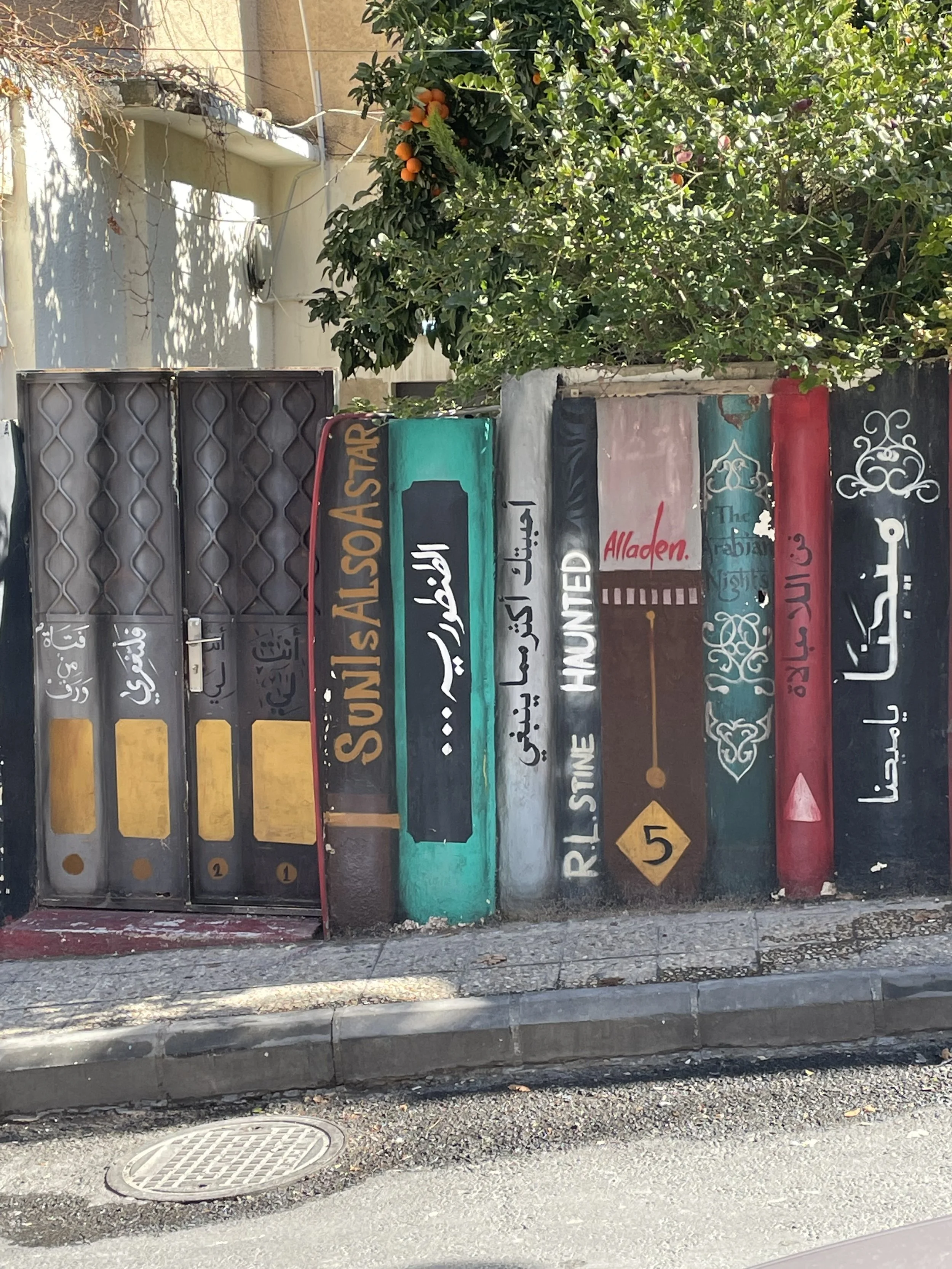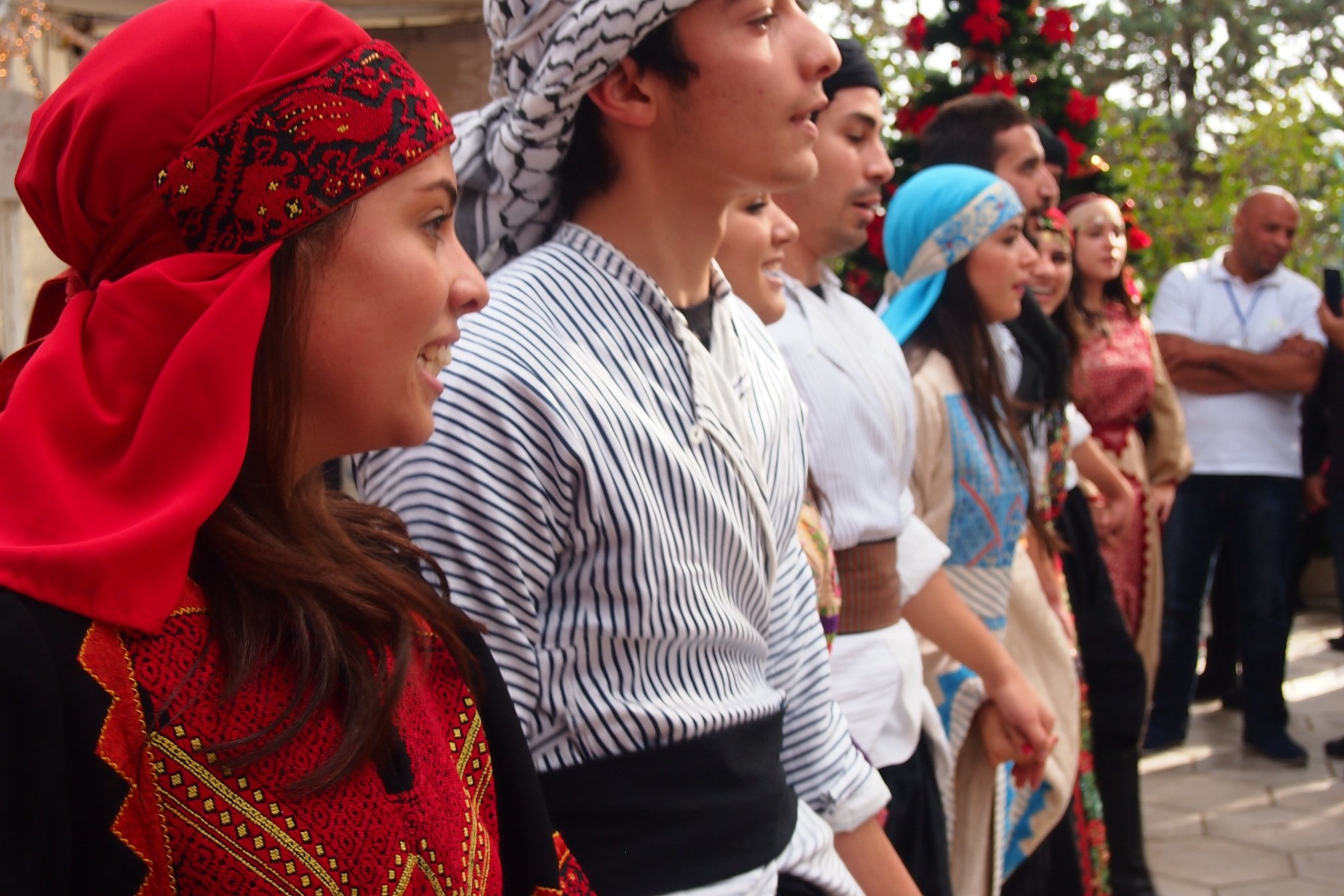"Who are the Bedouins of Jordan?" by Aya Albsoul
The Bedouin are one of Jordan's most well-known ethnic groups. The Bedu, or "desert dwellers," as they are known in Arabic, have learned to survive the desert's harsh climate. Although it is difficult to count Bedouins, it is widely assumed that the majority of Jordan's population is of Bedouin origin.
The vast wasteland east of the Desert Highway is home to the majority of Jordan's Bedouin. Their communities are distinguished by distinctive black goat-hair tents found throughout the country's south and east. These are known as what we call “houses of hair.”
Bedouins are frequently portrayed as wandering the desert in search of water and food for their flocks. This is only partially correct. Only a small number of Bedouin remain true nomads, with many settling down to cultivate crops rather than drive their animals across the desert. To some extent, most Bedouin have combined the two lifestyles. Those Bedouins who still practice pastoralism will camp in one location for several months at a time, grazing their herds of goats, sheep, or camels until the available fodder is depleted. Then it's time to move on. Often, the only concession they make to modernity is the purchase of a pick-up truck (to transport their animals over long distances), plastic water containers, and possibly a kerosene stove.
Many of the characteristics of Jordanian and Arab society can be found in the strongest form in Bedouin culture. Bedouins, for example, are famous for their hospitality, and it is part of their creed (rooted in the harshness of desert life) that no traveler is turned away. The tribal structure of Arab society is most visible among Bedouins, where the clan is central to social life. Each Bedouin family has its own tent, which together form a clan (hayy) (qawm). A tribe, or qabila, is made up of several of these clans.
Because the Bedouins have long been, and continue to be to some extent, outside the governing authority of the state, they have used a variety of social mechanisms to maintain social order, including exile from the tribe and the payment of "blood money" or vengeance to right a wrong. Bedouin society's values are rooted in an ancient code of honor that requires complete loyalty to the clan and tribe in order to ensure the group's survival.
The Jordanian government, which previously encouraged Bedouin settlement, recognizes the unique value of the Bedouin's contribution to Jordan's culture and heritage. Indeed, they have been described as the Kingdom's backbone. Education, housing, and health clinics are still provided by the government. However, some Bedouins reject these in favor of the way of life that has served them so well for centuries.
Aya Albsoul is an Education Abroad Intern at Amideast Jordan.






